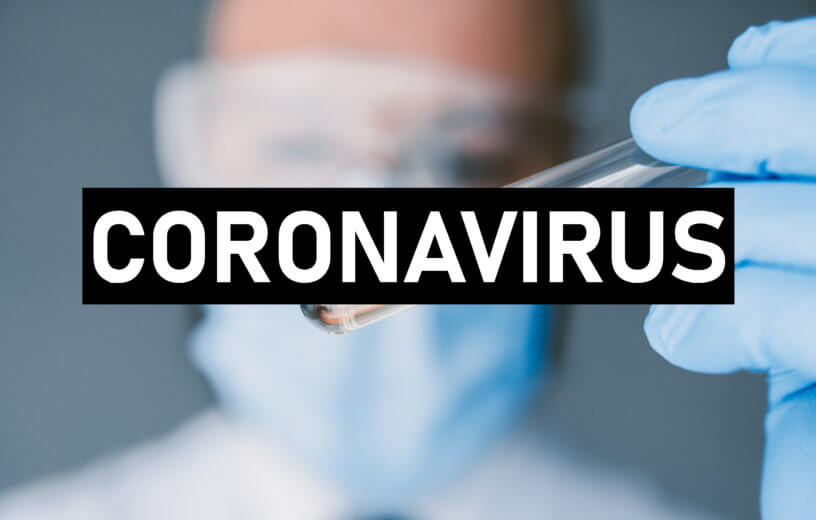BEIJING — Understanding and treating a new viral strain takes time, and scientists the world over continue to make new discoveries about the novel coronavirus on a daily basis. Now, a new study out of Beijing reveals more about just how much the disease impacts the human body: many patients will still be contagious and house coronavirus in their bodies for up to eight days — even after their individual symptoms disappear.
In all, 16 patients treated for mild coronavirus symptoms at a hospital in Beijing were analyzed for this research. They were treated and released relatively early during the initial outbreak in China (January 28th to February 9th). Their median age was about 36 years old.
Of the 16 patients, half still had coronavirus and were contagious after their outward signs of the virus retreated.
“The most significant finding from our study is that half of the patients kept shedding the virus even after resolution of their symptoms,” says co-lead author Dr. Lokesh Sharma, instructor of medicine, Section of Pulmonary, Critical Care & Sleep Medicine, Department of Medicine, Yale School of Medicine, in a release. “More severe infections may have even longer shedding times.”
The patients exhibited typical symptoms associated with coronavirus; difficulty breathing, coughing, fever, etc. They were treated with a variety of different medications, and all made a full recovery.
Except for just one patient, all of the studied subjects initially developed symptoms roughly five days after contracting the coronavirus. On average, symptoms lasted for eight days, but even after the outward signs disappeared patients stayed viral and contagious anywhere from one to eight days later.
“If you had mild respiratory symptoms from COVID-19 and were staying at home so as not to infect people, extend your quarantine for another two weeks after recovery to ensure that you don’t infect other people,” suggests corresponding author Lixin Xie, MD, professor, College of Pulmonary and Critical Care Medicine, Chinese PLA General Hospital, Beijing.
The research team behind this study have a message for their medical colleagues all over the world: “COVID-19 patients can be infectious even after their symptomatic recovery, so treat the asymptomatic/recently recovered patients as carefully as symptomatic patients.”
However, the study’s authors also admit their research was fairly limited in scope since it only focused on 16 patients with mild symptoms. Right now, they are unsure if the same can be said regarding more at-risk individuals such as the elderly and immunocompromised.
“Further studies are needed to investigate if the real-time PCR-detected virus is capable of transmission in the later stages of COVID-19 infection,” Dr. Xie concludes.
The study is published in the American Journal of Respiratory and Critical Care Medicine.
